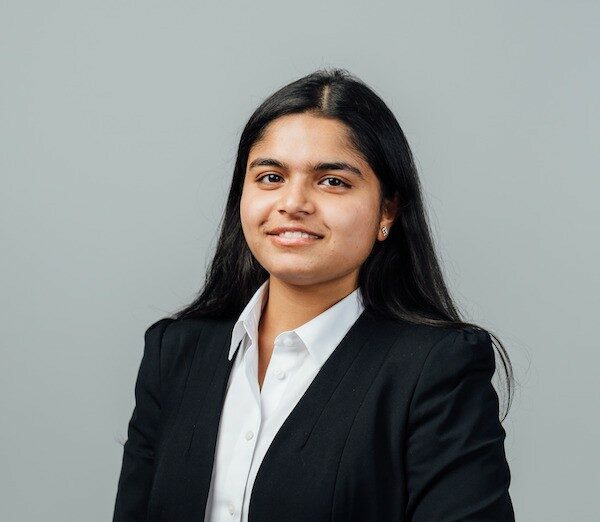Dubai, UAE – The GCC countries are home to a vibrant community of expatriate women making significant contributions across various industries. Their stories showcase resilience and the power of diversity and inclusion in shaping a thriving future.
One such woman is Eti Bhasin, the owner of Dhaba Lane, a popular restaurant in Dubai. Born and raised in the GCC, Eti has witnessed firsthand the region’s transformation, particularly in the hospitality sector. Her journey, however, is not without its challenges.
Education to Entrepreneurship
Being born and brought up in the GCC is truly a blessing,” says Eti. “To have had my entire education here allowed me to learn and interact in a multicultural environment.”
Eti’s educational background is impressive, with a master’s degree in the global hospitality business from three prestigious international universities. This solid foundation, coupled with her family’s experience in the industry, paved the way for her to take on the leadership role at Dhaba Lane.
The GCC has seen a positive shift in recent years, making it easier for women to navigate the business world. “The ease of operating a business today in Dubai, with options for sole proprietorship, has improved our prospects for growth,” Eti explains.
However, she acknowledges the competitive nature of the market. “Consumers have abundant options, and brand loyalty needs to be maintained,”
Eti emphasizes the importance of staying current with social media trends to market her business effectively in today’s digital landscape.
Diversity and Inclusion
The GCC is increasingly recognizing the value of inclusivity. Eti observes a positive change in how women are viewed in the industry.
“In the F&B (Food and Beverage) business, expatriate women have received the same level of support as Emirati women,” she states.
She cites the example of Michelin-starred chef Neha Mishra, who started with a successful pop-up concept and eventually opened her restaurant. Eti also recognizes the progress made in Saudi Arabia, where restrictions for women are being eased.
Overcoming Challenges
Like many others, Eti’s journey hasn’t been without its obstacles. The COVID-19 pandemic presented a significant challenge for her business. “It was about motivating our team and finding ways to overcome the difficulties,” she recalls.
She credits the support of her team and landlords for helping Dhaba Lane weather the storm. This experience has instilled a sense of responsibility towards her staff and their families. “We have grown significantly since the pandemic,” she says proudly.
A Land of Opportunity
Eti’s story is a testament to the opportunities the GCC offers for expatriate women.
“The UAE is home to millions of expatriates, of which a significant number are women,” she points out. Her mother’s successful career trajectory in education is a powerful example of how the UAE fosters the advancement of women in diverse fields.
“Women who wish to work in the UAE can be as committed and content with their jobs as my mother was,” Eti asserts.
Women as Agents of Change
Eti believes that expatriate women can play a crucial role in shaping the future of the UAE. She cites the example of the first Arab woman to fly in space, Ms. Nora Al Matroushi, who exemplifies the power of passion and determination. Eti envisions a future where women actively contribute to emerging fields like AI and machine learning, shaping crucial decision-making processes.







